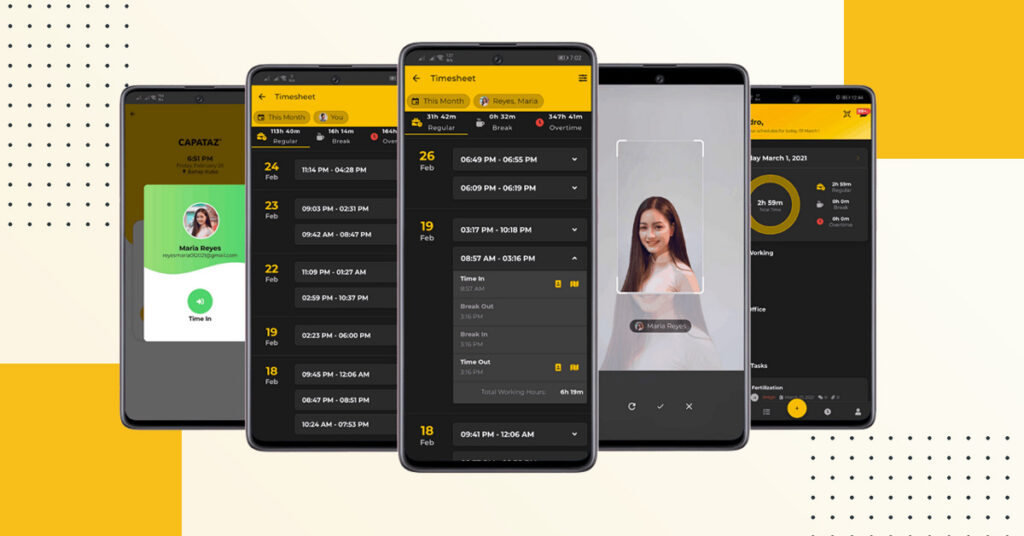
Gone are the days when all employees must abide by the strict nine-to-six work schedule. Especially at the height of remote work in the Philippines, many companies began to offer their teams the option of flexible work hours, or flexi-time.
Giving your workforce this option can be a double-edged company feature. In this article, we weigh the pros and cons of flexible work hours.
Flexible Work Hours: To Implement or Not?

On one hand, flexi-time is ideal especially when managing remote teams. However, this work setup is far from perfect. Below, we discuss some of the pros and cons of flexible work hours.
Pros of Flexible Work Hours

The following are some reasons why offering flexi-time works for remote teams.
- It boosts company morale. Your employees will feel motivated to deliver at work because they can manage their own time. The flexibility offered to them will likely translate to a feeling of respect and value.
- Employees can attend to their personal needs. Even better, they are able to do so without being restricted to a particular schedule.
- It reduces tardiness and absenteeism. Even if your team has a remote work setup, there may be times when people would still turn up late or take an urgent absence. With flexi-time in order, employees can start working at their own pace, allowing them leeway to avoid late time-ins.
- This setup enhances your company image as a family-friendly workplace. It is likely that remote employees would have other responsibilities at home such as childrearing and managing their households. With flexi-time, they would be able to better manage their home lives all while still delivering output for the company.
Cons of Flexible Work Hours

Flexi-time may sound convenient, but can it be too good to be true? Below, we do a rundown of the disadvantages of having this kind of work setup.
- Some team members may not work well without supervision. At times, certain employees may find it hard to function efficiently when no one is overseeing them or keeping them in line. This is especially true when new team members start in the company. In turn, the company suffers.
- Compressed work weeks may decrease availability to clients. Clients usually expect companies to have support ready 24/7. If your team implements flexi-time without transparent tracking of everyone’s schedules, you may have hours of the day when no one would be available to attend to the clients’ queries.
- This setup may cause communication difficulties within teams. When your team members come in and out of work at different times, it is easier for tasks to get compromised. Lack of ample communication can affect the team’s performance.
- Monitoring your team’s time manually can take a lot of work. If you’re looking to offer the option of flexi-time, your company should invest in an automation system for maximum efficiency.
Generally speaking, setting flexible work hours for your team renders more value than deficit. Resolve the cons of this remote work setup by subscribing to third-party support such as Capataz’s remote workplace management application.
Flexible Work Hours Can Work for Your Team
By using Capataz for managing remote teams, you can keep better track of your employee attendance, location, and working hours. With the mobile app’s remote work timekeeping feature, employees can clock in and out anytime. Supervisors have access to monitor their team members’ time and location, and can request timekeeping reports for further reference.
Aside from remote work timekeeping, teams can also use Capataz for managing and filing work orders, employee requests, and other work-related documentation you need to maintain a remote workplace. To learn more about our mobile app, book a free discovery call today.
Over 3000+ users have digitally transformed their workflows and loved it
(We’re sure you will too.)
Enjoy a FREE 30-day trial to explore and navigate Capataz.
Experience 1-on-1 onboarding support to help you setup everything.
Undergo training/actual demo and receive training materials to ensure you are Capataz-ready.

